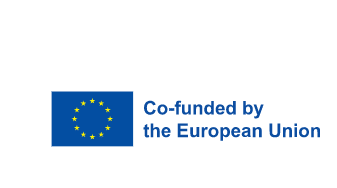Counter – Hate
Improving the assistance of victims of hate crimes through a victim-centered and intersectional approach.
Grant Agreement Number: 101056636
Funded by: Justice Programme Duration: 01/05/2022 – 01/04/2024

Challenge
Bias-motivated crimes – also known as “hate crimes” – affect the security of individuals, their communities and societies as a hole. Bias motivations can be broadly defined as preconceived negative opinions, stereotypical assumptions, intolerance or hatred directed to a particular group that shares a common characteristic, such as race, ethnicity, religion, sexual orientation, or any other fundamental characteristic.
Ensuring justice, protection and support to victims of hate crime requires taking into account the specific nature of hate crime, as well as the ability to appreciate the experience and harms of hate crime victimization on victims, bearing in mind that hate crimes are “message crimes”. It is a core law enforcement responsibility to record and actively use bias indicators to assess levels of risk and to take appropriate safeguarding action to protect victims’ rights. Moreover, it is critical that policy makers and service providers consider the intersectional perspective, according to which the different axes of oppression interact and overlap, producing complex biographies, inequalities and needs.
Innovation
Counter-Hate contributes to the assistance to victims of hate crimes, by guaranteeing that legislation and policies establish a victim-centered and intersectional approach. The project aims to map legislations and policies regarding hate crimes and the assistance offered to victims; analyse the experiences of victims, policy makers and key professionals; foster the exchange of best practices and the cooperation between stakeholders; carry out a “training for trainers” module for security and justice practitioners; raise awareness about the rights of victims of crime and the available services.
Action

European Commission’s support for the production of this content does not constitute an endorsement of the contents, which reflect the views only of the authors, and the Commission cannot be held responsible for any use which may be made of the information contained therein.
Project Partners







